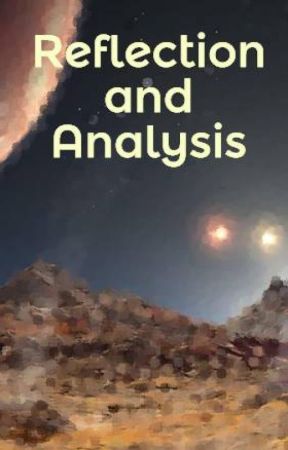Since one of the fanfic sites I use is down, I'm currently looking at an article written by Brenton Stewart back in August of last year called, "The Mary Sue Criticism of Legend of Korra is ABSOLUTELY Sexist."
Let's look at the arguments.
It's a sexist term, and all you're really criticizing when you use it is the protagonist for being a woman.
Actually, the term isn't sexist. The word sexist actually means, "characterized by or showing prejudice, sterotyping, or discrimination, typically against women, on the basis of their sex."
Can the argument actually be made that using the term Mary Sue is a form of prejudice and/or form of discrimination against women when said term was originally created by women? Aren't you effectively arguing that women are being prejudiced and/or discriminatory against other women based merely on the fact this word is used in reference to a female character, and as another writer of an article about why the term Mary Sue isn't sexist pointed out, in extention in reference to creators who are female as they are the ones most likely to create a female character that falls into this category?
The word prejudice means, "a liking or dislike for one rather than another especially without good reason," meaning we're supposidly showing a dislike towards female characters and other female creators. Do any of us really believe that us women dislike female characters? Or maybe the real issue is that us women want to see female characters get the same fleshing out that male characters do, so doesn't that mean the term Mary Sue is actually not sexist, but a method of pointing out sexist behavior?
I mean, I still remember a reboot of a series which incredibly nerfed the female main from what she was in the original and someone actually telling me, a woman, that me complaining that they did this is exactly why we women don't get anything good, which in turn tells us women that we need to settle for that nerfed character rather than a character more akin to the original, so isn't trying to ban the term Mary Sue a method of—you know, shutting women up regarding the fact we're being discriminated against?
Because let's ace the fact the word discrimination actually means (and I'm just grabbing the first definition that Google pulls up today) "the unjust or prejudicial treatment of different categories of people or things, especially on the grounds of race, age or sex." We're effectively being told that criticizing a female character and/or a female creator is a form of discrimination, when the real discrimination that's going on is this expectation that we women should settle for something less than the men, because the former is the sexist thing rather than the latter.
How backwards can you get?
True – we can argue that the Mary Sue is a sexist sterotype of female characters, but it's not the term which is sexist but the actual stereotype, which in turn means that by telling us to stop using the term Mary Sue, we're removing the vocabulary through which we are able to call out this sexist sterotype when it comes up.
True – the term is typically used for women, but what the definition actually means is that sexist acts are typically aimed at women, not that something is typically used in reference to women, or in this case female characters and/or female creators. The behavior must first and foremost be prejudiced, discrimitory and a sterotype, and we then must recognize that said behavior can specifically involve men and never women and still be sexist. If you don't have the first, it's null, but if you don't have the second, it is not.
That said, the term has an alternate—Gary Stu—which is used for male characters which is starting to gain traction, or it was before the "Mary Sue is sexist" crowd showed up which is by extent a part of the anti-critique crowd. The real argument, people, is that female characters and/or female creators are above criticism, but this feeds the message we women are weak, soft and need to be treated like delicate flowers, doesn't it? It sends the message we shouldn't be treated seriously.

YOU ARE READING
Reflection and Analysis
RandomThis is a collection of essays related to series I either read or watch, although there is only one chapter at this point I wish to discuss.
